Recent years have seen a growing demand for textile products whose production processes cause lower socio-environmental impacts. In fact, there are international directives for the analysis of contaminants in textiles, product life cycles, and new biodegradable textiles for reducing soil erosion and contamination.
To meet the needs of the textile industry, IPT interprets directives and evaluates and adapts products to technical requirements and specifications. This is done by means of characterization tests and performance analyses based on national and international standards, as well as analyses of substances restricted to textile products, such as azoic dyes, flame retardants, formaldehyde, PVC, phthalates, triclosan, bisphenol-A, metals (Sb, As, Ba, Cr, Cr6+, Co, Pb, Hg, Ni, and Se), pesticides, perfluorooctane sulfonate (PFOS), and chlorinated aromatic compounds.
To meet the needs of the textile industry, IPT interprets directives and evaluates and adapts products to technical requirements and specifications. This is done by means of characterization tests and performance analyses based on national and international standards, as well as analyses of substances restricted to textile products, such as azoic dyes, flame retardants, formaldehyde, PVC, phthalates, triclosan, bisphenol-A, metals (Sb, As, Ba, Cr, Cr6+, Co, Pb, Hg, Ni, and Se), pesticides, perfluorooctane sulfonate (PFOS), and chlorinated aromatic compounds.

